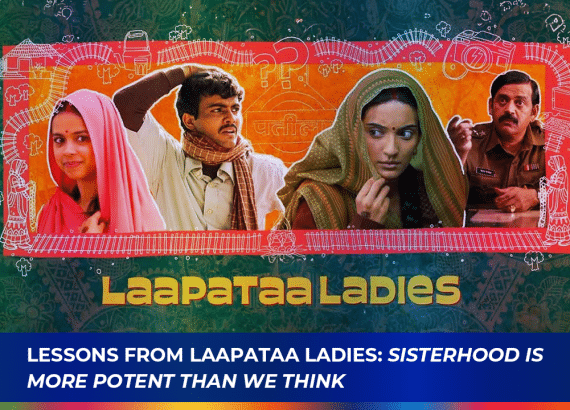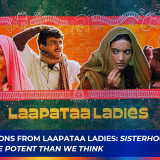TO BE OR NOT TO BE (YOURSELF)

Author: Akshaya Nair
“To be or not to be (yourself) is the question”, a pun on the famous saying by Shakespeare from one of his great works, Hamlet. So who do you choose to be? What do you choose to do?
In life, be it personal or professional, each of us has our way of handling situations. Our nature and our individuality tend to shape how we conduct ourselves in our day-to-day life. Our way of handling issues differs based on our individuality. So the big question that I want to discuss today is something many of us must have grappled with or are currently facing at work.
SHOULD I CHANGE MYSELF TO FIT IN?
“To be yourself in a world that is constantly trying to make you something else is the greatest accomplishment” – Waldo.
This quote tells us the importance of doing things the way WE feel makes the best sense. That does not mean we do not take others’ advice or do not listen to our peers or seniors. But the right thing to do is to analyze all the advice and then decide what makes sense to you and dole out things the way that seems best to you, even if that means your methodology may be different from that of others.
Let me elaborate on this point with an example at work, where I handled a situation that vastly differed from how it was expected to be handled by my manager. But the result was so wonderful that my manager, who was initially quite sure that it wouldn’t work out, later readily admitted that he was very happy with the result and that he was wrong in doubting my approach.
I had newly joined this organization and was handling a role slightly different from what it had been in my previous org. The first project that I was assigned was to automate a currently existing system. I had to work across cross-functional teams and get work done through them. Though we worked together towards the same goals, they were not directly reporting to me. More daunting than these was the fact that it was a never done project that involved the challenge of disciplining the existing system. Now the point of contention was that my manager’s style of operation was “danda”, as he called it, a term loosely used to indicate work through aggressive methods. I believed in being assertive without being aggressive. Two diametrically opposite points of view! Nothing right or wrong with either. It was just about what made sense to you. I had to put up with my manager’s rants about how my soft-spoken follow-up techniques would never work and how I should become a “Jhansi ki rani” or else nothing was going to happen. I politely but firmly stuck through my way of operations. And Voila! We not only implemented the new system on time but also the system got appreciated by one and all for its accuracy, transparency and discipline that it brought into the org.
My key learning was that although change is difficult, communication is the key to any change and communicating what is in it for the stakeholder and getting the person to believe in it is what makes any project a success. I also believe that expectation and trust are a two-way path. And how you carry it out entirely depends on your belief system. You do not have to change your basic value system for anybody else. Adapting is fine, but sticking to your true core gives you the strength and belief to keep going. Celebrate you!
“The reward for conformity is that everybody likes you except yourself” – Rita Mae Brown.









